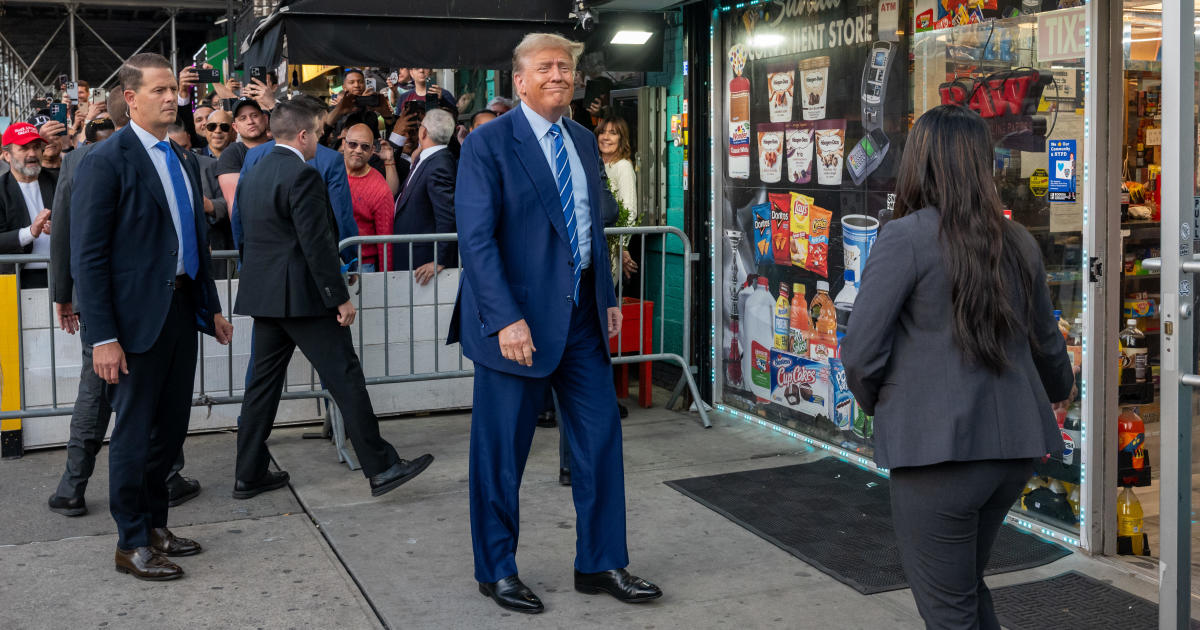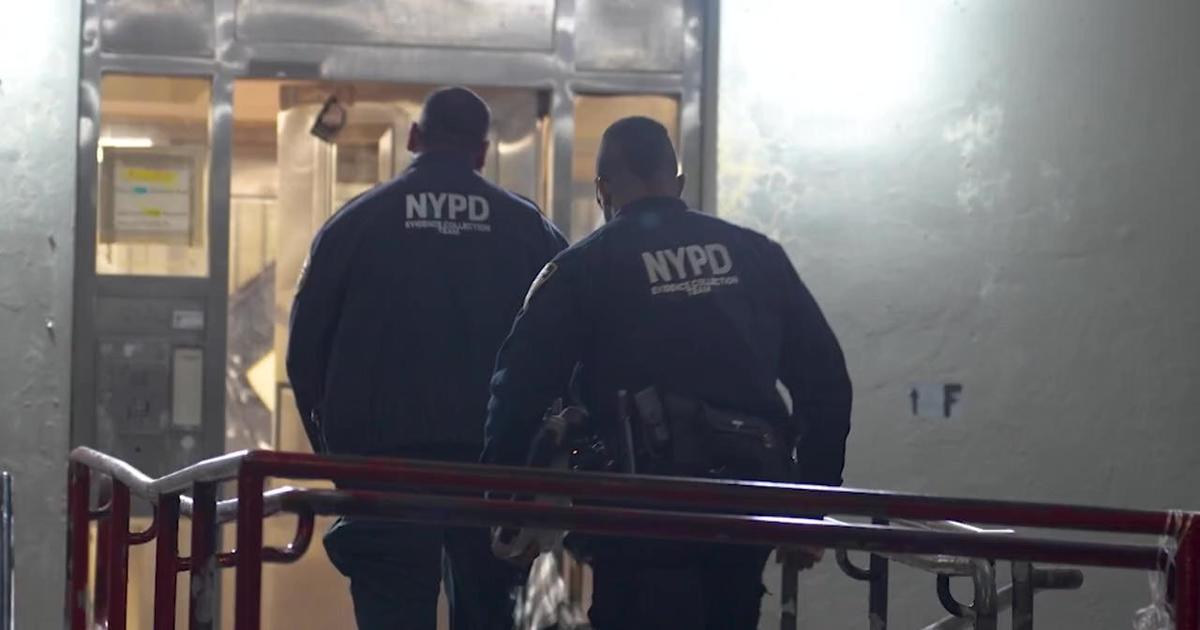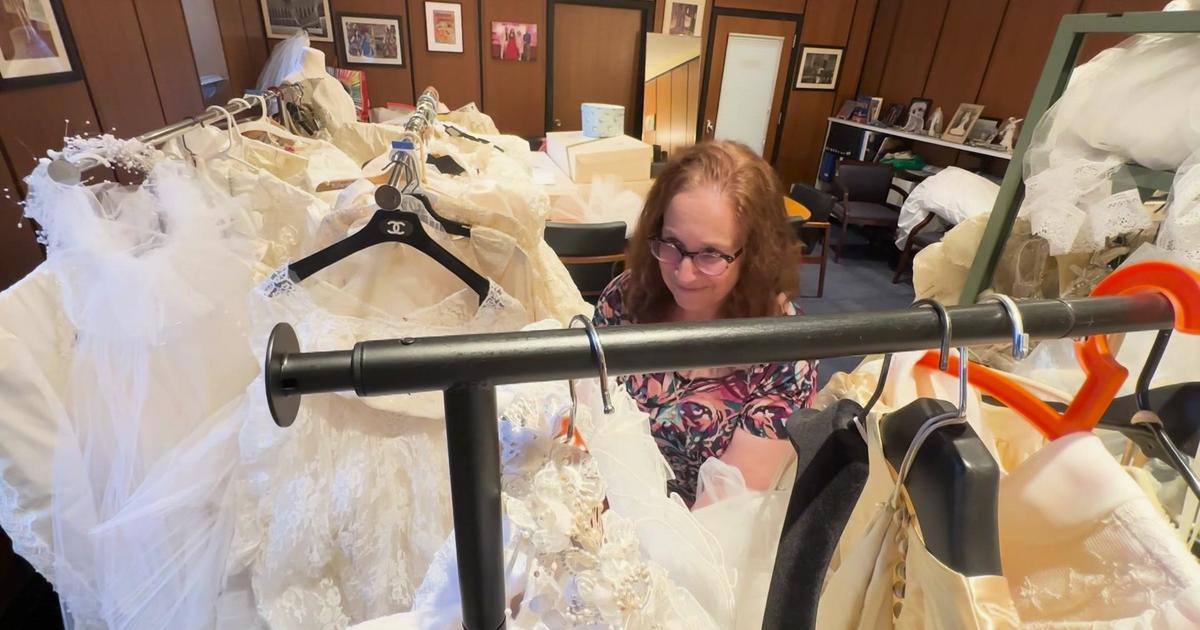Friday Marks Centennial Of Walter Cronkite's Birth
NEW YORK (CBSNewYork/CBS News) -- Iconic CBS News anchorman Walter Cronkite, who was once called "the most trusted man in America," was born 100 years ago on Friday.
Recruited by Edward R. Murrow, Cronkite joined CBS in 1950. He gained household name recognition as anchor of the "CBS Evening News" from 1962 to 1981 — a time of transformation in America — and advocated forcefully for high standards in reporting.
He is remembered in particular by many for breaking into daytime programming to tell the nation that President John F. Kennedy had been shot in Dallas on Nov. 22, 1963, and announcing the Apollo 11 moon landing in 1969.
He was also the face of numerous other stories, from the assassination of civil rights hero Dr. Martin Luther King Jr. to the Watergate break-in, CBS News recalled.
Cronkite's 1968 reporting of the Vietnam War – "a stalemate," in his words -- was so impactful on the public that President Lyndon Johnson reportedly said: "If I've lost Cronkite, I've lost Middle America."
During the Iran hostage crisis, Cronkite incorporated a tally of the crisis into his nightly sign-off. Besides the date, his language was unchanging ("That's the way it is, Thursday, June 12, 1980, the 222nd day of captivity for the hostages in Iran," Cronkite said. "This is Walter Cronkite, CBS News. Good night.").
In the middle of the crisis, Washington Post columnist Ellen Goodman observed how Cronkite's sign-off had taken off a life of its own: "The nightly Cronkite count, even more than the small boxscore numbers on the front pages of dozens of newspapers, has become a flag at half-mast, a daily probe of a wound, a political statement," she wrote in 1980.
Cronkite's tally created enormous pressure on the Carter administration as, one by one, 444 days painfully passed.
Cronkite signed off on his last CBS News broadcast in 1981.
Towards the end of his life, Cronkite stressed the vital role media plays in the democratic process.
"We are not intelligent enough; we're not educated well enough to perform the necessary act of intelligently selecting our leaders for the future," he said in 2005. "We've got to improve that situation and it's going to be, to a large degree, up to us in television and radio, in broadcasting to get that job done."
The newsman died in 2009.



